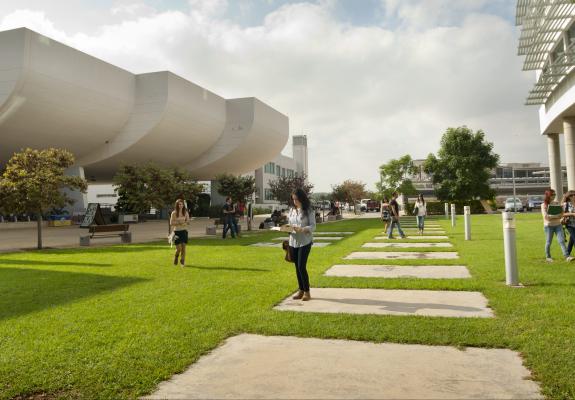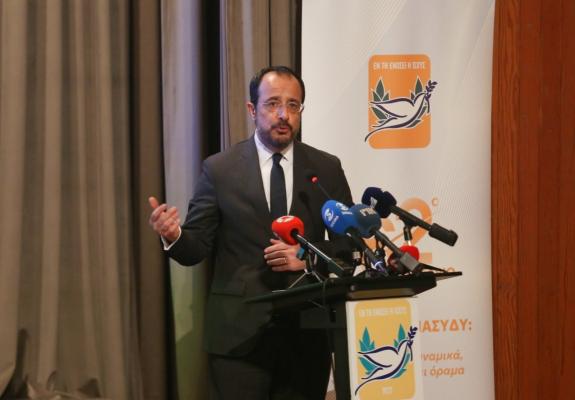Eurovision Can’t Claim Neutrality While Playing Political Favorites
The Eurovision Song Contest prides itself on being apolitical—an annual escape where music supposedly unites a fractured continent. But this carefully crafted illusion has never held up to scrutiny. And in 2024, the illusion shattered completely. By allowing Israel to compete in the wake of its military campaign in Gaza, while excluding others in the past for far less, Eurovision has shown that neutrality is not its principle. Selectivity is.
The European Broadcasting Union (EBU) claims Eurovision is “not a contest between governments” and refuses to intervene in “political matters.” Yet, it disqualified Russia in 2022 after invading Ukraine, stating its participation would bring the competition “into disrepute.” Belarus was banned in 2021 over press freedom violations. Georgia was effectively pushed out in 2009 for refusing to change lyrics seen as a jab at Vladimir Putin. Armenia has repeatedly faced penalties for flag-waving and implied lyrics referencing genocide. Even Azerbaijan has interrogated its own citizens for voting for Armenia. Eurovision has never truly been apolitical.
This year, Israel’s entry was originally titled “October Rain,” widely interpreted as a reference to the Hamas-led October 7 attacks. After the EBU rejected it, a revised version, “Hurricane” was submitted and approved. Still, Israel will be accompanied in Malmö by survivors of October 7 on stage. While the survivors deserve empathy and support, placing them at the center of a televised entertainment event raises serious ethical and symbolic questions and highlights the stark contrast with the EBU’s treatment of Palestinian visibility (the same contest censored Iceland’s Hatari for holding up Palestinian flags in 2019, and banned press conference questions deemed too sensitive).
Of course, Israel is not the first country to turn Eurovision into a stage for public diplomacy. But unlike others, it gets a pass. Why? The answer may lie in politics, finance, and optics. Eurovision’s lead sponsor is an Israeli company. The broadcaster KAN pays a substantial participation fee, and banning Israel might’ve triggered a domino effect of costly withdrawals. So much for neutrality.
Meanwhile, the EBU punishes performers for even hinting at politics. In 2024, Irish artist Bambie Thug reportedly had to remove a call for ceasefire from their costume. Swedish singer Eric Saade drew criticism simply for wearing a keffiyeh. Even audience members were previously banned from waving Palestinian flags, until Swiss law forced Eurovision to allow them this year. Performers, however, are still forbidden. What the EBU calls “non-political” increasingly looks like a crackdown on inconvenient politics, particularly when it challenges Western or Israeli narratives.
Eurovision is now a space where artists are told: sing, smile, and shut up.
But artists should speak up. They should be encouraged to use their voice, not just to sing, but to stand for something. Art has always been political. From protest songs to subversive satire, from resistance theater to the symbolic choice of languages and outfits on stage, Eurovision has always been a site of national identity, diplomacy, and cultural expression. To pretend otherwise is dishonest.
Art doesn’t exist in a vacuum. Music, fashion, stage presence - everything in Eurovision is loaded with cultural symbolism. From national languages to queer identity to costumes and flag choices, Eurovision has always been a reflection of social and political realities. And that’s why its claims of neutrality are offensive. Especially when some tragedies are platformed and others are erased. Eurovision reveals its true political stance: one that is performative, selective, and morally inconsistent. The contest isn’t free of politics. It is soaked in them. And the silence it imposes on artists is not peace - it’s complicity.
If Eurovision truly wants to be a celebration of unity, it must stop pretending. Until then, “United by Music” will ring hollow for millions.






